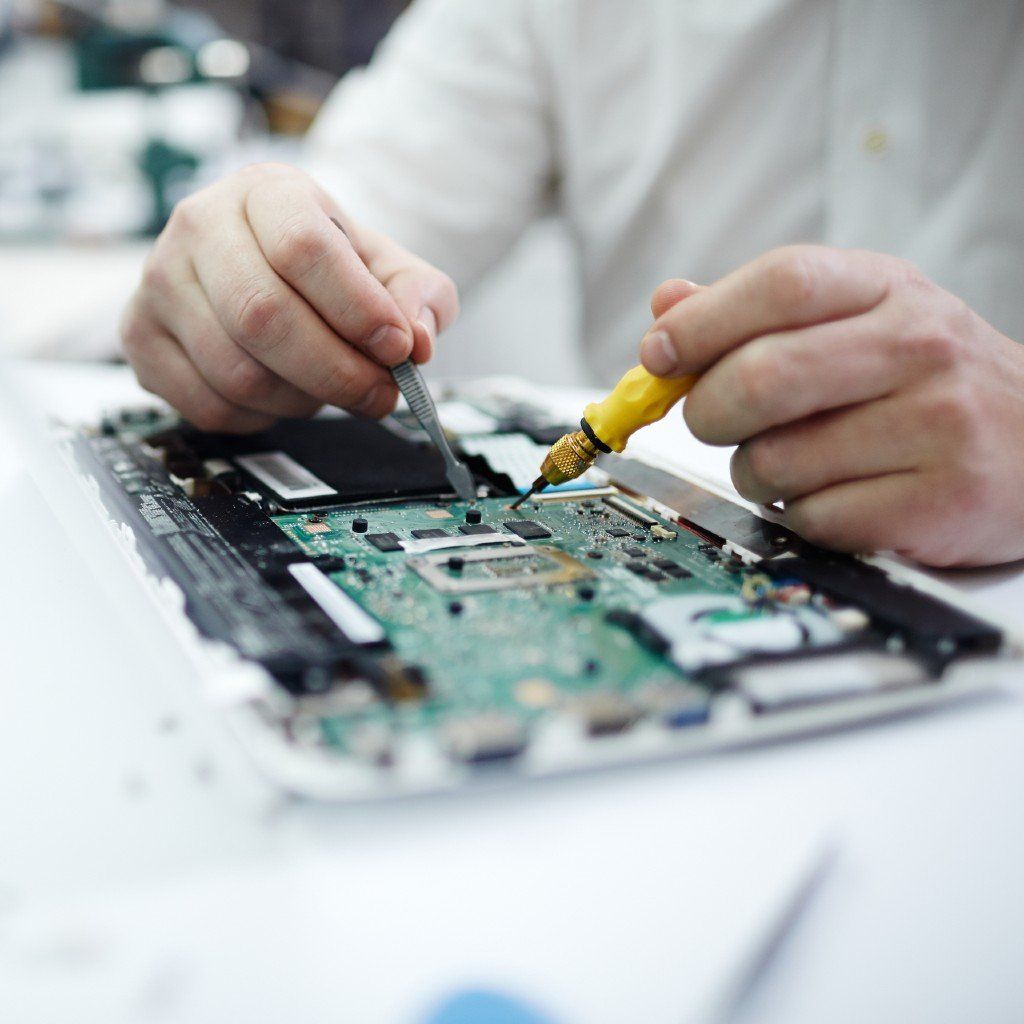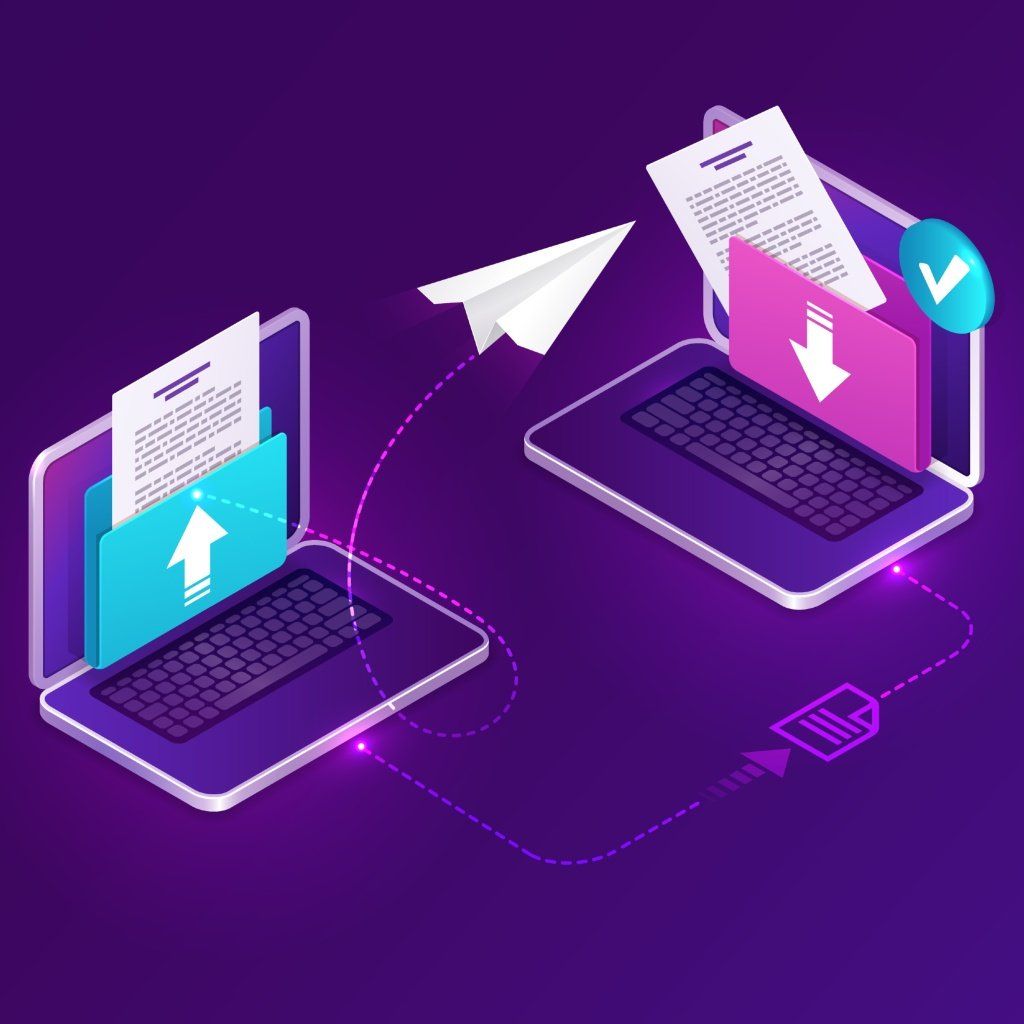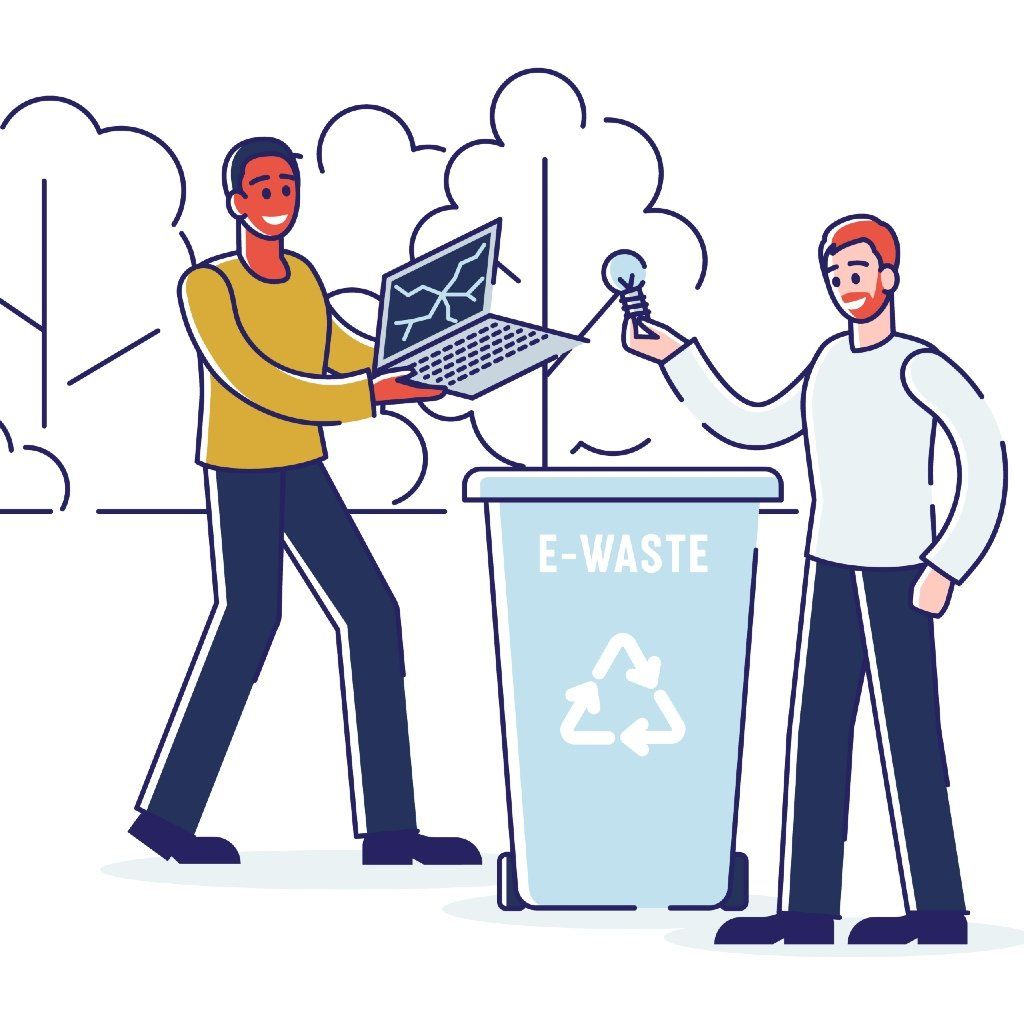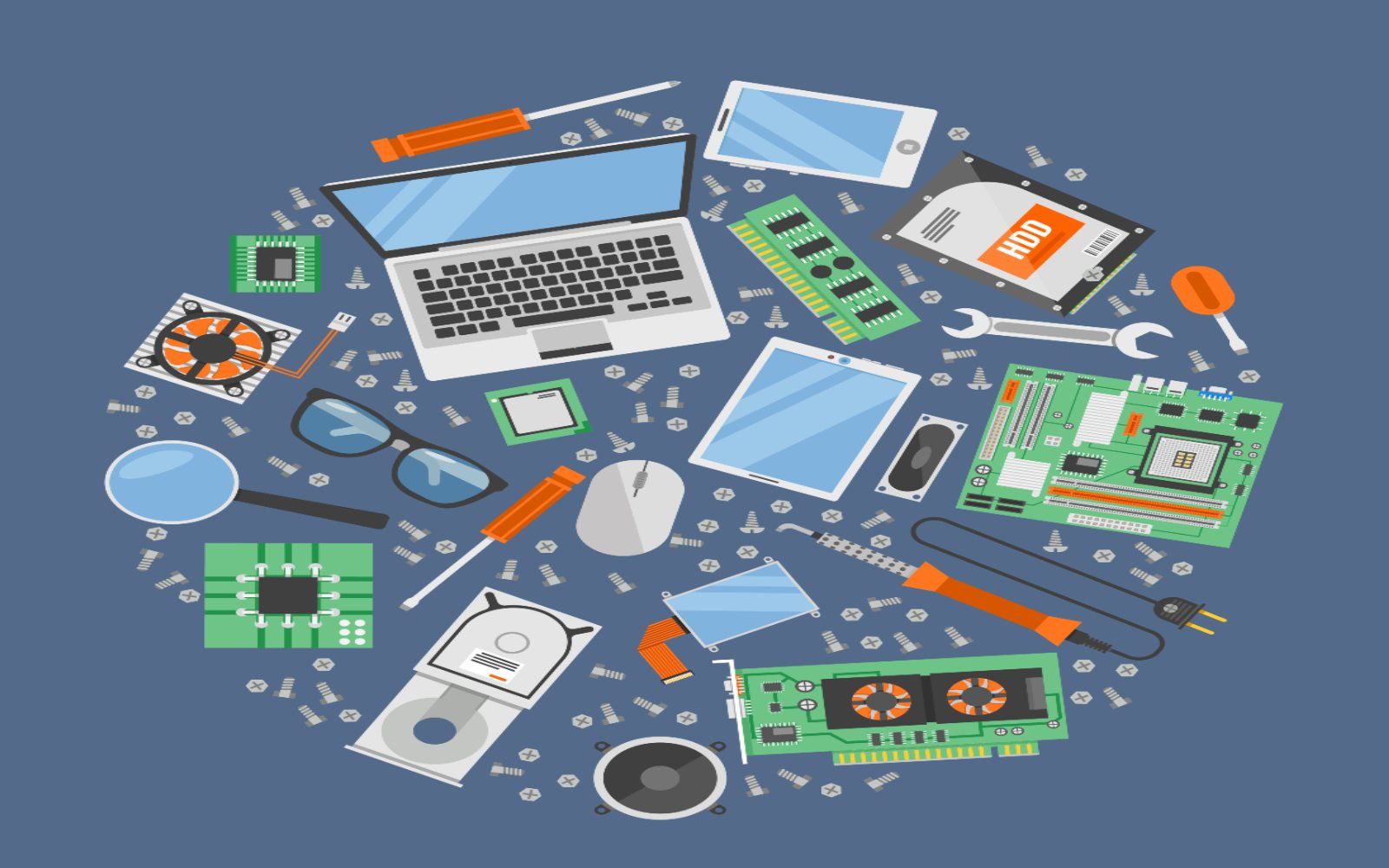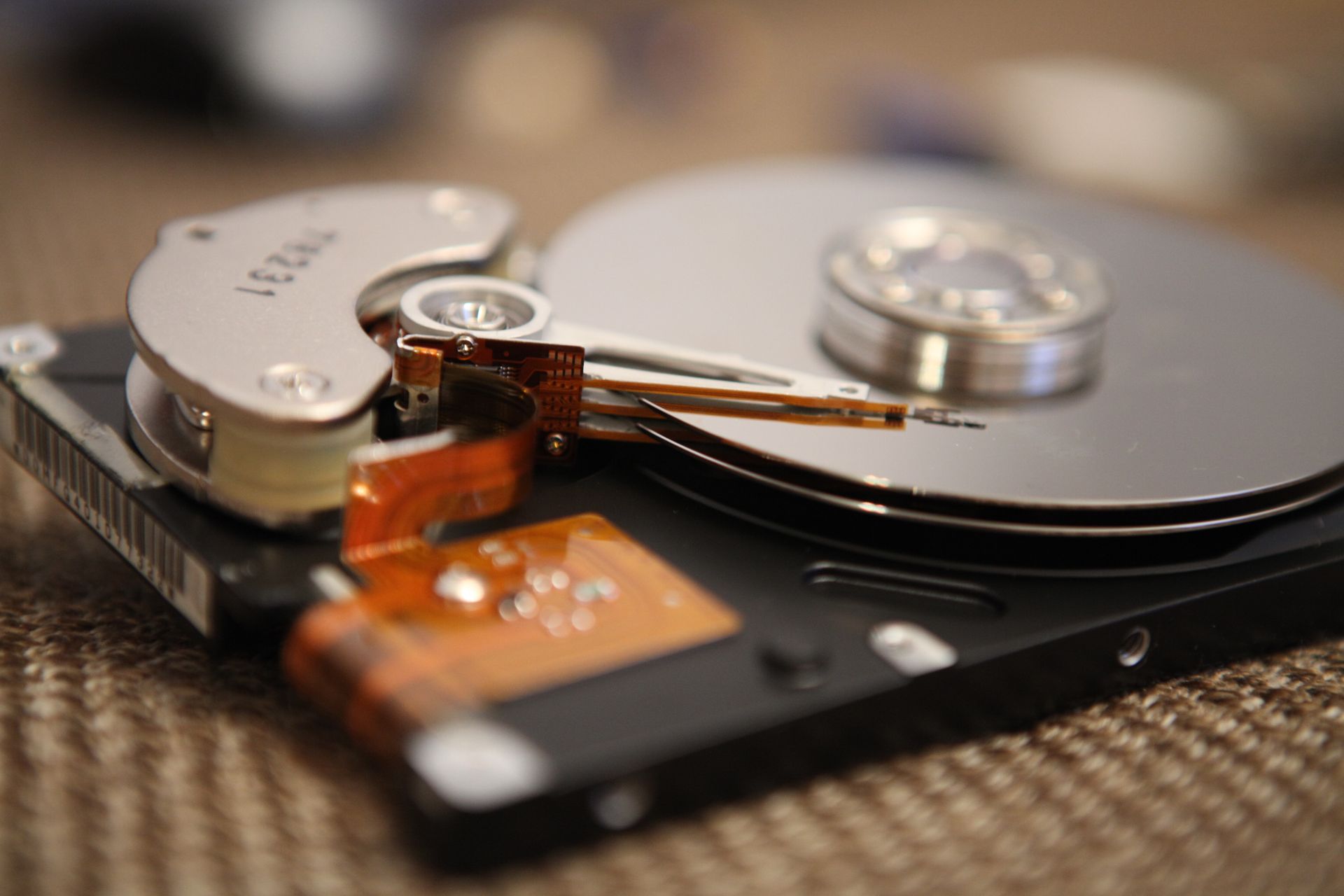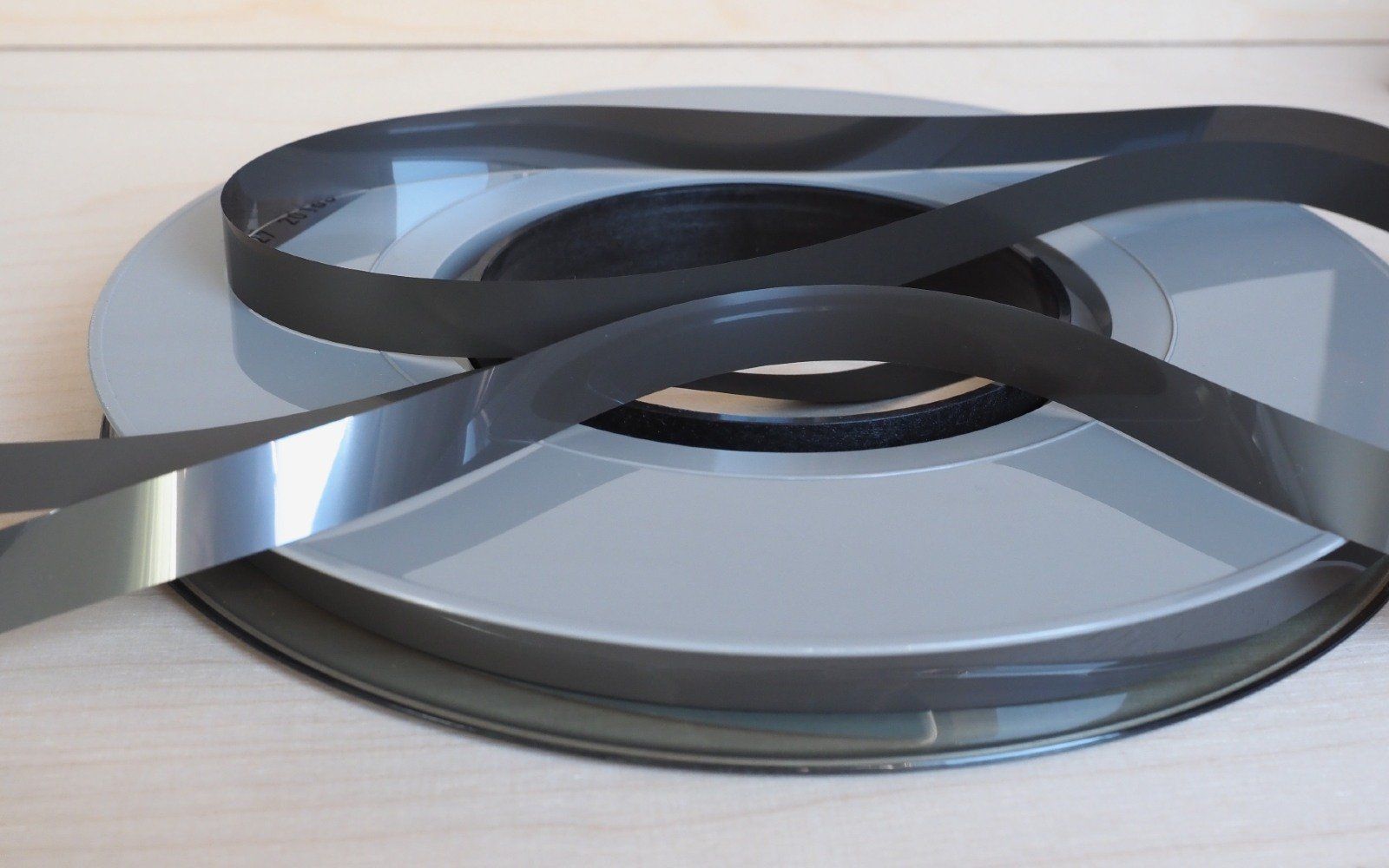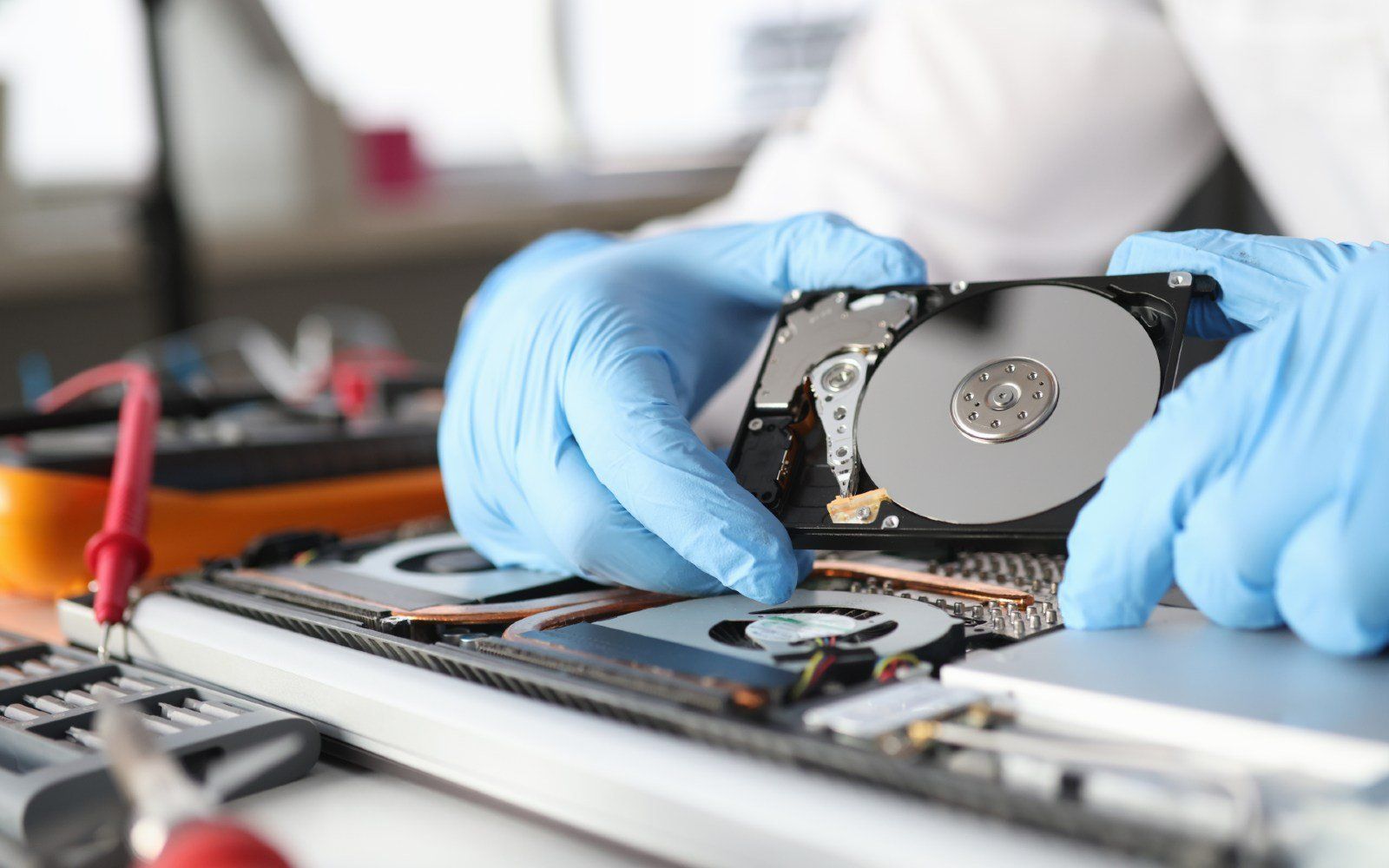Best Way to Dispose of Old Computer Equipment
We can’t all deny that using computers and other electronic devices has eased some burdens in our lives. However, all the computers are meant to be disposed of after long years since it is only natural that most already give a dissatisfying performance. As you are using your computer, you are also using computer equipment. Whenever you are performing online research or printing out a report, you are operating computer equipment.
At the same time, a laptop computer or desktop computer is the cornerstone of computer equipment. Specifically, computer equipment comprises
hard drives, processors, motherboards, hardware, and other components. In addition, computer equipment consists of a computer peripheral that depends entirely on a computer to be able to perform appropriately.
Therefore, as your computer starts to get old, the same problem for the computer
equipment. Hence, it needs to be disposed of properly to avoid it contributing to
toxic e-waste. That’s why it is necessary to know the best way to dispose of old computer equipment. Keep on reading to know vital information about computer equipment disposal.
Why is proper computer equipment disposal important?
When it comes to old computer equipment
disposal, there are many specific problems. Like many other devices, computers were built using heavy metals that, if discarded, can constitute an environmental threat. Furthermore, computers hold a wealth of personal data in the form of passwords, account numbers, and other information that no user wants to fall into the wrong hands.
You're all set to get rid of some old gear. But the question is, how are you going to do it properly?
You might be querying what to do with your old computer once you've upgraded to a new unit. Many businesses have a policy of repurposing outdated computers in less critical parts of the organization. But you'll need to get rid of outdated gear, such as laptops, tablets, phones, and servers, at some time.
Of course, you don't want to dump a computer containing data that can be recovered by mistake. Therefore, you can follow these procedures to ensure that you dispose of old computers and gear.
Securing data before computer disposal
As all data contains critical information, it is a primary step to ensure that no one will be able to get access to your data when you are disposing of your computer. Here are the guide steps you can follow to guarantee your
data privacy.
1. Make a backup of your data.
Before starting, create a backup of your hard drive to ensure that you do not lose any data. You may back up your computer's data to the cloud or create an archive on an external hard drive, back up as much of your hard disk as you can, whichever method you select. It's preferable to create a comprehensive backup than to discover that you've lost essential and irreversible data too late.
2. Delete everything on your hard disk.
Clearing data from our computers is a difficult task. Follow this multi-step approach to ensure that data thieves retrieve no critical corporate or consumer data.
Remove all your files from your computer. You may have heard how difficult it is to erase data from your hard disk. You may delete the data from your file structure, but it remains on your hard disk until it is overwritten with new data.
All of your programs should be unlinked and uninstalled. Many apps automatically sync with cloud backups stored online. A massive help if something goes wrong with your computer, but it also means that you can't keep these apps running while they're still connected to your data.
Clear your browser's history. It's not only your browsing history; many of us keep crucial passwords and account information in our browsers to make logging into our many online accounts more convenient.
Wipe the hard drive and revert to factory defaults. After you've completed these steps, reset your computer to factory settings and remove all data from it with a hard drive erasing application that will replace your deleted files. For extra protection, some applications delete your previous data once, while others overwrite several times.
Selecting a proper disposal method
There is no one "perfect method" to dispose of an old computer, depending on how it works and your personal computing needs. Hence, you may opt to repurpose it for another purpose, sell it or give it away to someone else, or recycle and dispose of it in a friendly manner.
You may also want to physically remove some computer elements, such as the hard disk or video card. So, that you may use them again in the future, but only do so if you're confident you can do so securely or if you have access to expert assistance.
1. Donate, sell, or recycle what you can.
You can't simply discard your PC. A computer's components include mercury, lead, copper, aluminum, and gold, which are either ecologically hazardous or lucrative. As a result, there are several applications available to assist you in getting rid of your old computers.
Consider giving your PCs if they are in good functioning shape. Many philanthropic groups specialize in supplying impoverished schools or families in need with old and reconditioned computers. If your old laptops are still in good enough shape, you might be able to market them.
If your hardware is no longer usable, there are a variety of
recycling alternatives available. Some hardware manufacturers, such as Dell and Apple, provide recycling programs for obsolete computers. Many computer shops, such as Staples, provide recycling or trade-in services, and most municipalities and localities have drop-off facilities for computer recycling. If you have a lot of computer equipment to get rid of, expert firms will come to your workplace and collect it.
Moreover, the recycling option is ideal because you can turn the recyclable materials into another valuable thing. So, you can consider if the casing, accessories, or any internal components can be used before discarding your computer. For example, if you're getting rid of multiple computers of the same type, you might use the cases as giant building pieces for a makeshift bookshelf or cubbyhole wall.
2. Asking the help of experts for disposal
Most computer service experts provide safe and proper computer disposal and recycling services. Consider contacting the computer disposal companies for a safe disposal service if you can't find someone to take your computer off your hands or if it's no longer functioning.
Some companies transport computer trash to landfills in developing countries, posing an environmental and health risk to the local population. Before giving your computer to any computer company, look into their track record for computer recycling and disposal.
3. Consider trading
Some businesses provide free computer recycling when you purchase a new one from them. Consider this option if you haven't yet purchased your new computer and want to buy from the same firm as before, since it allows you to delegate the task of finding a reliable means of disposal to the professionals while (perhaps) obtaining a discount on your new computer.
4. Keeping your old computer
Although it might be old and outdated, you can still keep your computer at home. Here are the few things you can do with it:
- As a tiny file server
Your outdated PC may be used as a file server for your home or office. Essentially, your re-configured PC will serve as shared storage for the rest of your home's machines. This option is ideal for households with several PCs that must access the same data. It's also good for the environment because you won't need to utilize the computer's monitor, keyboard, or speakers. After all, it's only used for storage. Several free, open-source tools are available that may help you turn your old PC into a server.
- As a backup device
Another alternative, similar to the one mentioned above, is to utilize the old computer as a backup for your new computer rather than as a storage space for new data. To put it another way, keep it around so you'll have a working substitute for your new computer if it breaks or malfunctions. You won't even need to erase your data from the computer if you do this; disconnect it and store it in the closet until you need it again.
- Make a router out of an old PC.
Many PCs have the potential to function as a wireless network's broadcasting hub. You can repurpose your old PC as a wireless router, allowing you to use the internet on your smartphone, tablet, or another computer, depending on its wireless capabilities. If yours does, make sure you have a firewall installed before utilizing it as a router for security reasons.
Proper Computer Disposal with Abtron
Abtron Computer Services Inc. is a firm that employs seasoned professionals. Abtron can ensure client pleasure because of its nearly three decades of relevant industry expertise. It assists businesses in implementing off-the-shelf solutions.
Also, it excels in forming comprehensive partnerships centered on computer hardware and providing valuable services to various clients.
Visit Abtron Computer Services Inc. website and get your free quote today!

